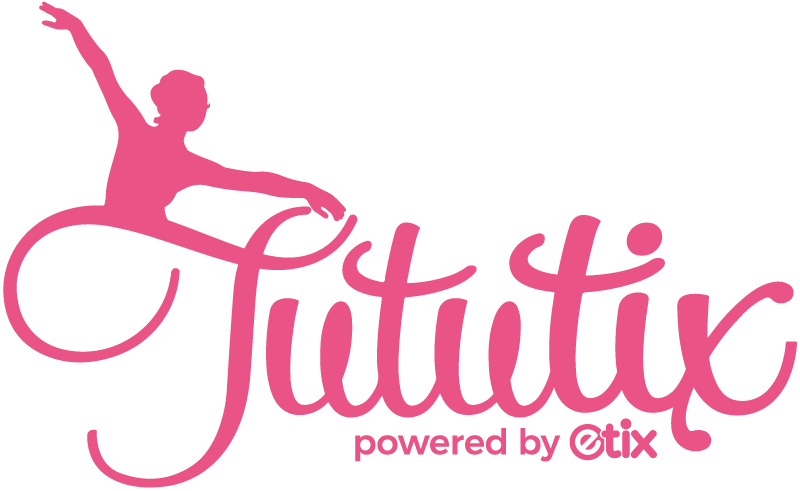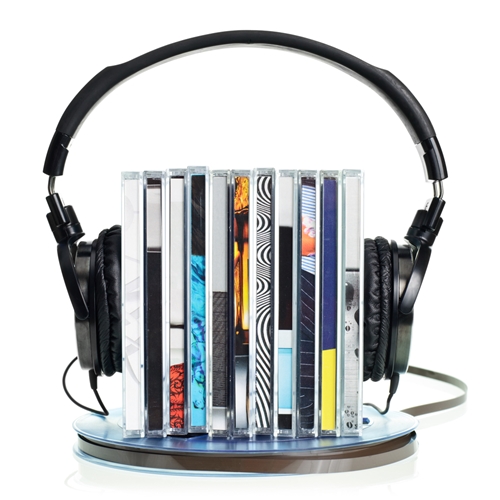If you’re in the process of planning a big recital, your mind is probably filled with concerns about finances, marketing, instructors, routines and of course, music. With everything you have going on, make sure you prepare ahead of time for the tricky legal issues that surround the music you use in your performances. Here are some basics you need to know about music performance rights in the dance world.
Performing Rights Organizations
The bottom line is that any music played in public is subject to royalties by whoever owns it – and your dance studio qualifies as “public.”
This means that you need to be paying royalties on any music you play during class, in the changing rooms and at performances.
In the U.S., payments you make for music performance rights will be going to one or more of the three major performing rights organizations (PROs), including the American Society of Composers, Authors and Publishers (ASCAP), Broadcast Music, Inc. (BMI) or SESAC (originally the Society of European Stage Authors and Composers).
Many studio owners ask whether they can choose to pay a license to only one organization, but that’s typically very difficult to do. You’d need to examine the copyright information of each song you play to make sure it’s only licensed through that particular organization, and there’s no guarantee that songs with multiple songwriters will be licensed through only one organization.
Reference links for the three U.S. music licensing organizations can be found below:
ASCAP (American Society of Composers, Authors, and Publishers)
BMI (Broadcast Music, Inc)
- License Agreement: https://www.bmi.com/forms/licensing/gl/40.pdf
- Report: https://www.bmi.com/forms/licensing/gl/40_rf.pdf
SESAC (Society of European Stage Authors and Composers)
The only exception is a not-for-profit educational institution, according to The Dance Buzz.
Just because you bought it…
You may think you don’t need to pay royalties because you already paid for your music, but unfortunately that’s not the case. The Dance Buzz explained that even if you purchased music for private use, when you cross over into public use, you have to pay again.
If you use music without proper authorization, you’ll likely receive a letter from one of the performing rights organization, or you could be sued for copyright infringement. The blog noted that you can be subject to a fine of up to $150,000 per song.
Blanket licensing
If you’re concerned about how you could possibly pay to use every song in your iPhone, don’t worry. The Dance Buzz explained that most dance studios buy blanket licenses from the different associations, which allow you to use any of their songs as much as you’d like.
Studio owners who are members of various professional organizations sometimes get discounted rates that are based on average class size. However, you’ll need to contact ASCAP, BMI and SESAC for specific prices depending on the music performance rights you need.
We’ve even heard reports that studio owners have been able to negotiate lower blanket rates for blanket licenses, if they reach out to the PRO and ask.
It’s the right thing to do
As a business owners in the arts community, dance studio owners are in a similar position to those who make their living in the music industry. As such, they are in a position to understand that artists of all kinds should be paid for their work.
Just as a choreographer deserves to be paid for their choreography, so do songwriters and performers deserve to be paid for the use of their songs and recordings. And, as noted above, it’s illegal to use someone else’s music without paying the appropriate licenses.
Royalty-free music
It’s true that some music doesn’t require royalties, and there are several databases where you can sift through royalty-free songs. There are a number of potential reasons why music wouldn’t be subject to copyright, according to the Washington State University.
Copyrights can expire or an author can donate his piece to the public domain. However, most songs are subject to copyright laws up to 70 years after the owner dies.
In conclusion
However you choose to go about choosing music for your studio, keep in mind the associated legal requirements. Honor the legal rights of other creators, and protect yourself and your studio by making sure that all your music is properly licensed.
Note from the editor: This article was updated on 1/17/18 to address common questions from studio owners.



